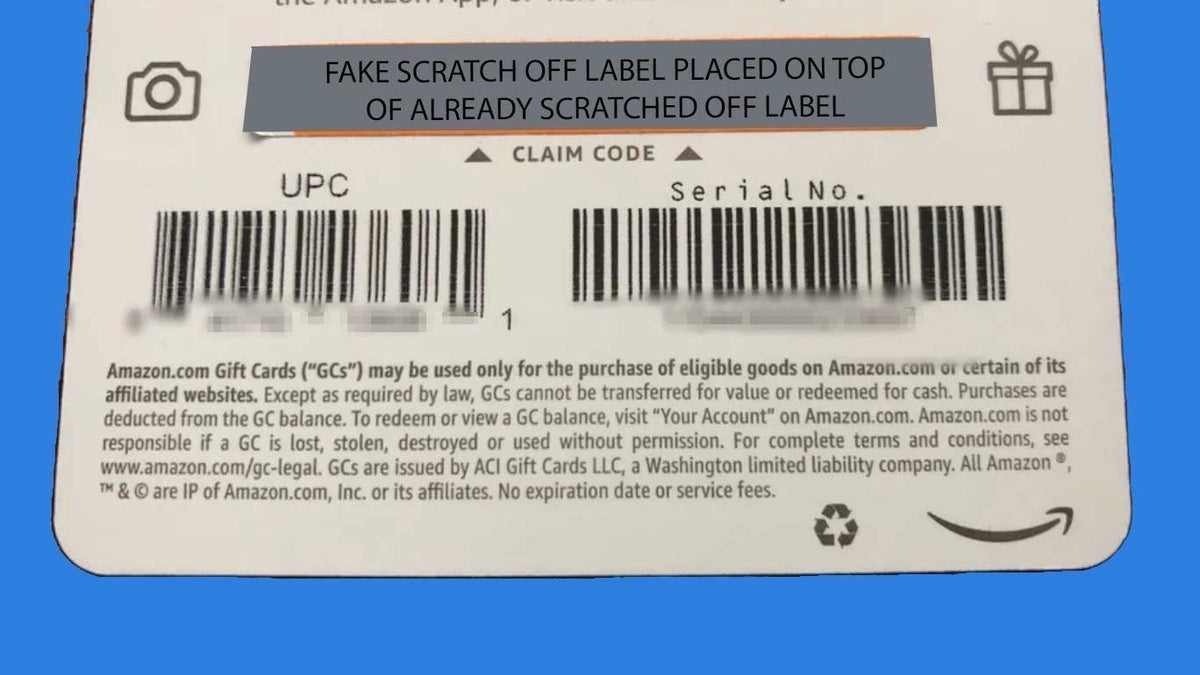With the holiday season just around the corner, many of us are gearing up to spread some cheer with gift cards.
However, it’s important to remember that these convenient gifts are also a favorite target for scammers. We’re going to break down six sneaky gift card tricks that could leave you out of pocket during this time of year.
Don’t worry, though. We’ve got your back with solid tips on how to outsmart these scammers and keep your hard-earned cash safe.
6 DAYS LEFT! I’M GIVING AWAY A $500 GIFT CARD FOR THE HOLIDAYS
Image of a holiday gift card (Kurt “CyberGuy” Knutsson)
1. Display rack gift card trick
One of the latest gift card tricks involves tampering with the gift cards on the display racks at retail stores. Scammers will record the activation code on the card or place a custom barcode sticker over the real barcode, which allows them to secretly load the cash onto their own card immediately after you purchase the gift card. This means that when you or your recipient try to use the gift card, it will be empty or invalid.
How to avoid this scam
Check the packaging of the gift card before buying it. Look for signs of tampering, such as the wrapping being torn or resealed or stickers placed over the barcode or card number. Also, choose a card from the back of the rack, as scammers often place their fraudulent cards at the front of the display.

Fake scratch-off label on top of already scratched-off gift card label (Kurt “CyberGuy” Knutsson)
OUTSMART THE SCAMMERS: HOW THE SNEAKY CEO APPLE GIFT CARD SCAM ALMOST GOT ME
2. Impersonation gift card trick
Another common gift card trick scammers use involves impersonating someone you know or trust, such as a family member, a romantic interest, a company or the government. Scammers will contact you by phone, text, email or social media and create a fake story or emergency that requires you to send them money urgently.
They will ask you to buy a gift card or multiple gift cards and then send them a photo of the card or the numbers on the back of the card. Once they have the gift card information, they will disappear with your money and cut off contact.
How to avoid this scam
Never send money or gift cards to anyone you don’t know personally or haven’t met in person. If someone claims to be someone you know or trust, verify their identity by contacting them directly through a different channel.
Don’t trust caller ID, as scammers can spoof phone numbers. Don’t be pressured by threats or promises, as…
Click Here to Read the Full Original Article at FOX News : Tech…

